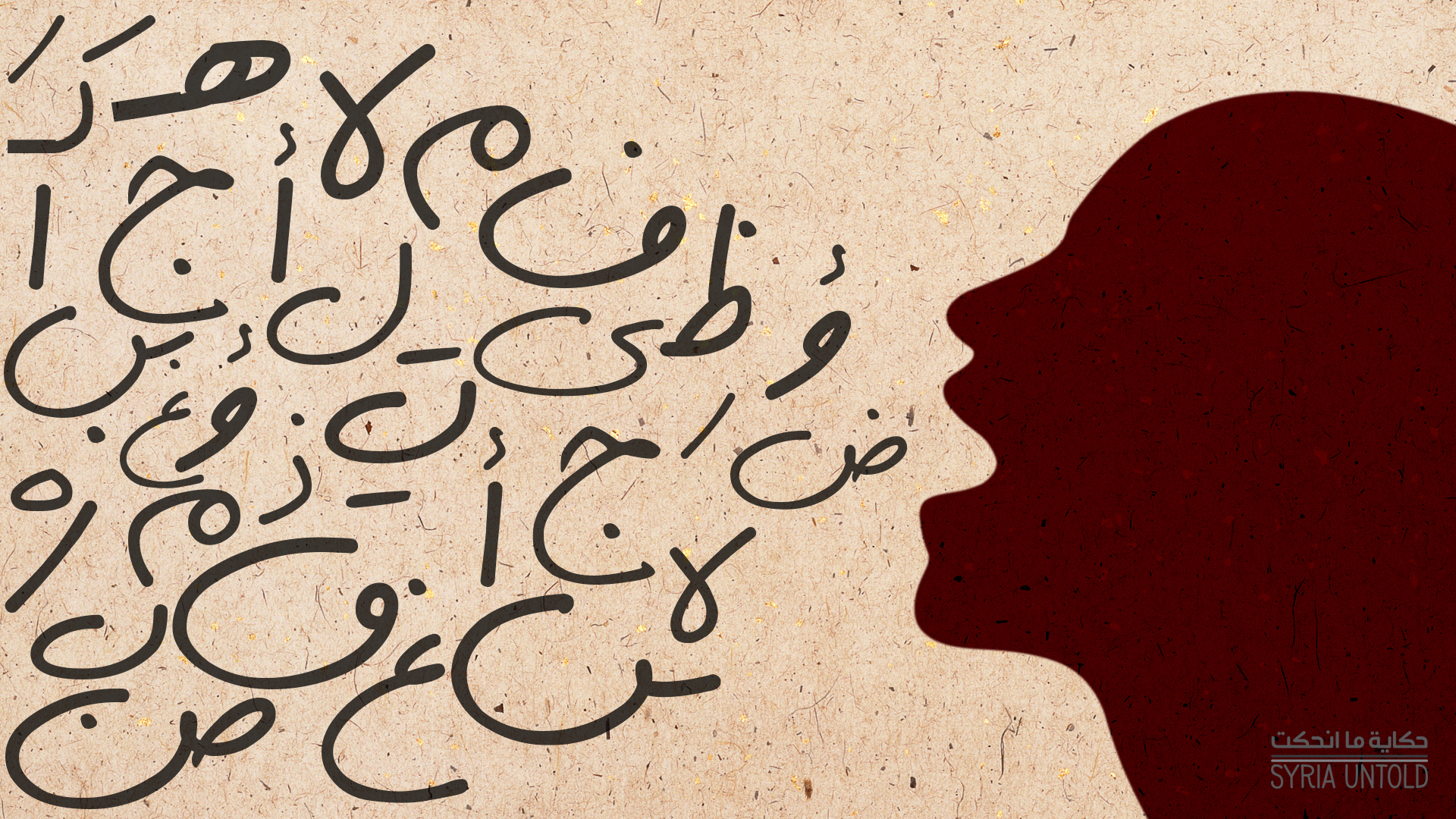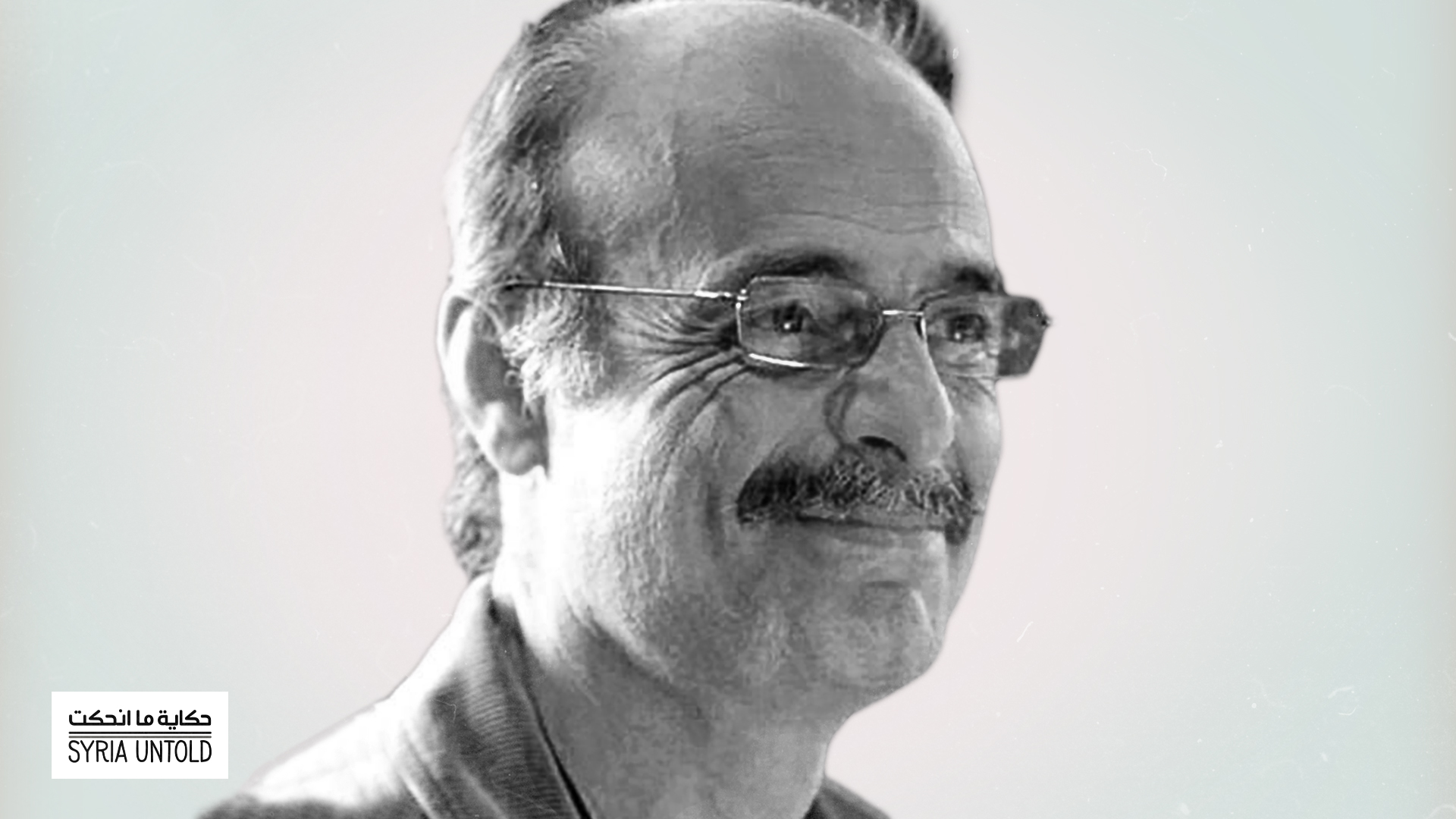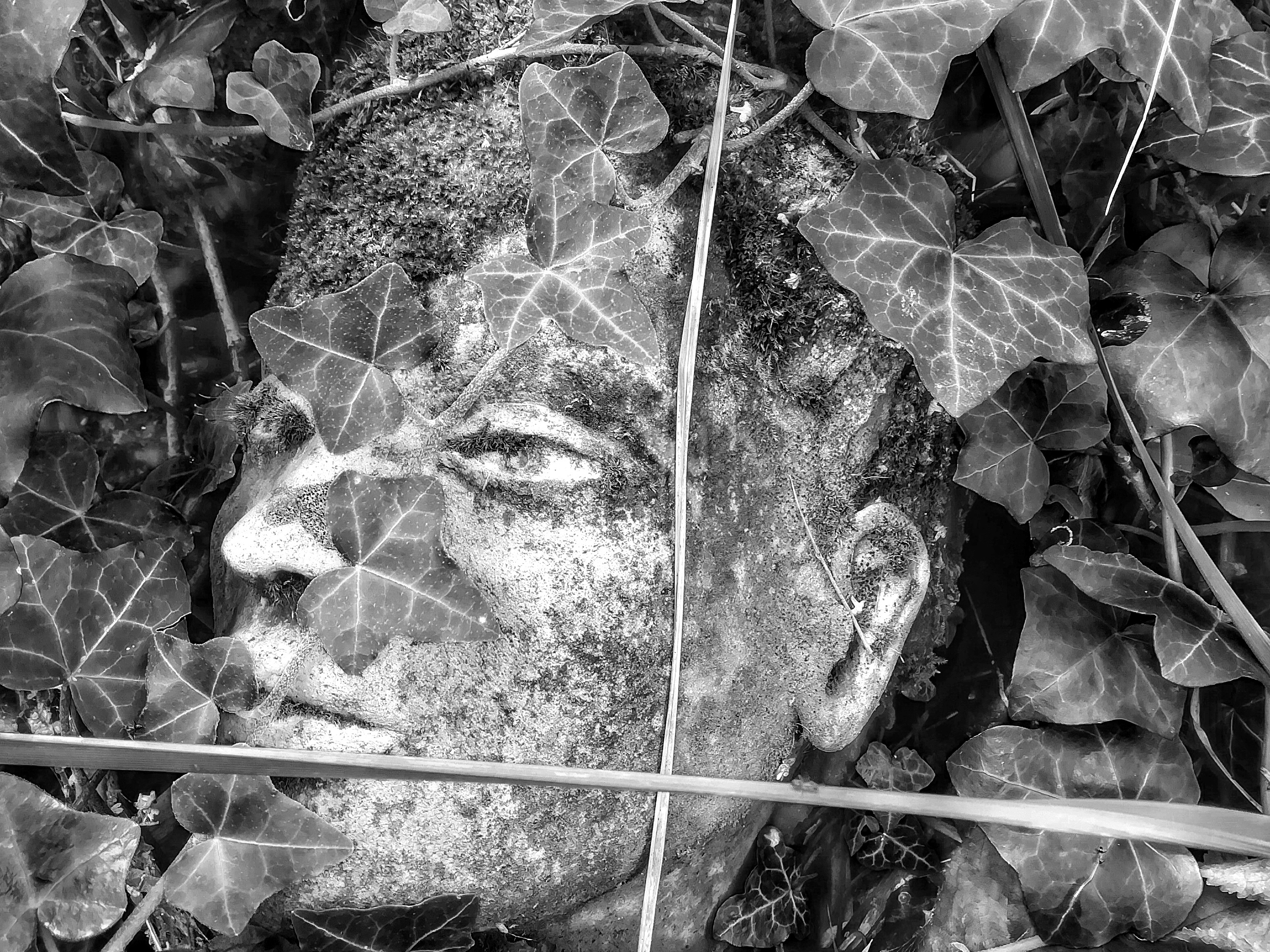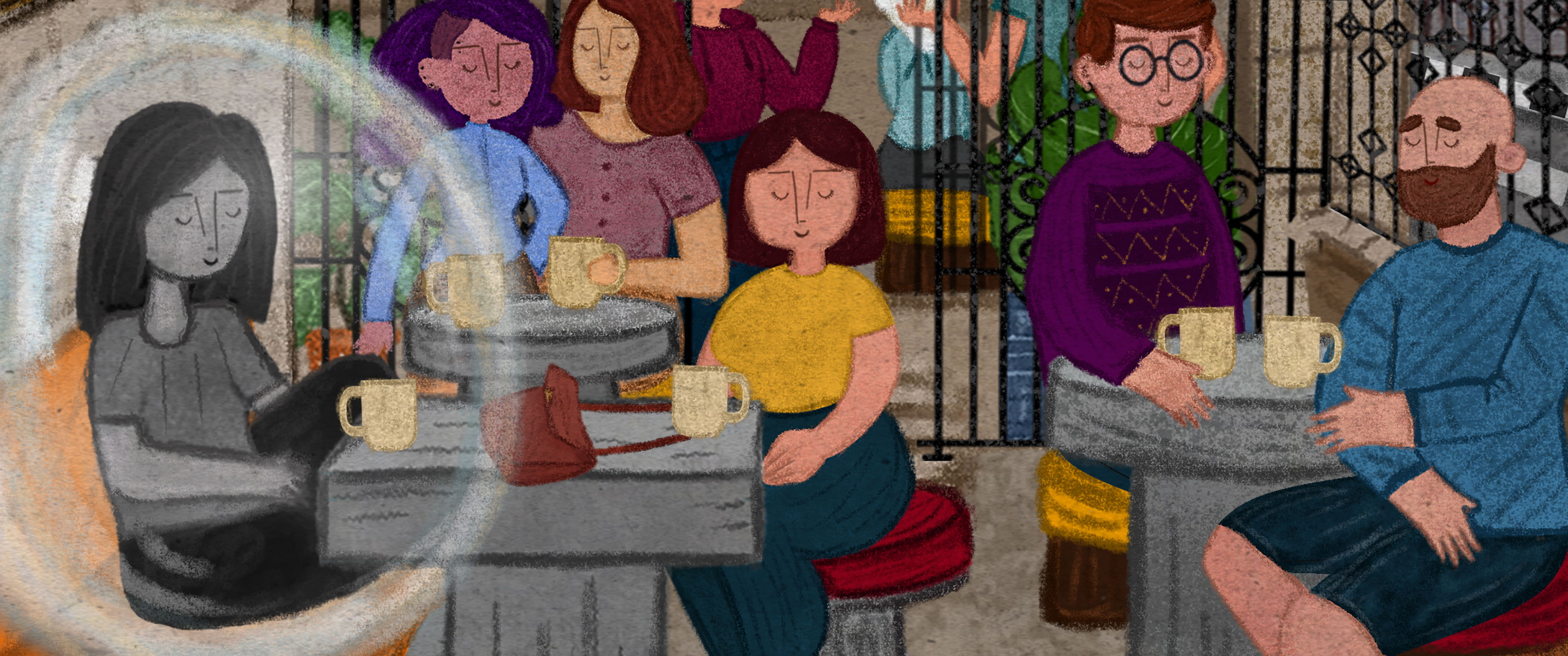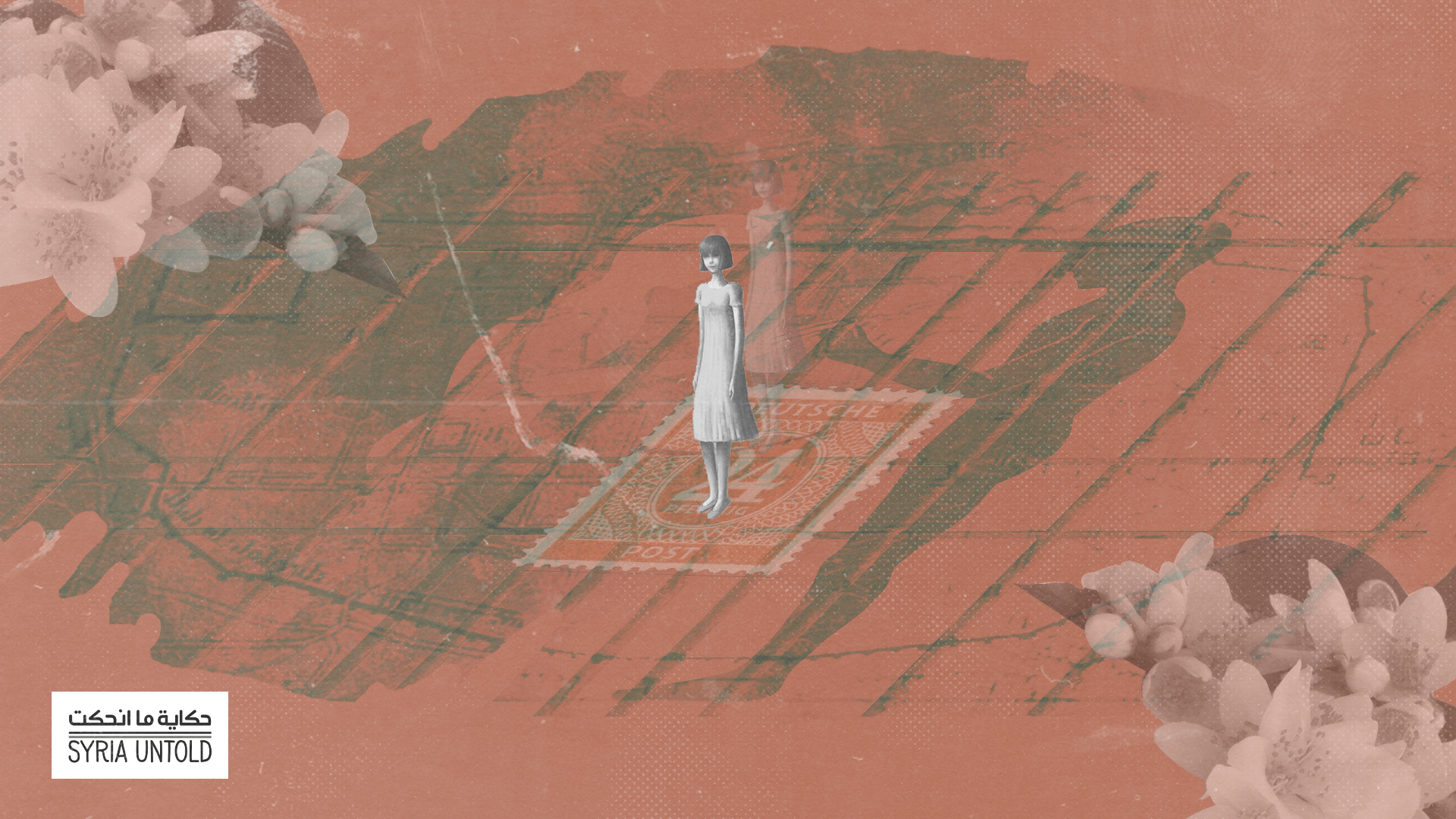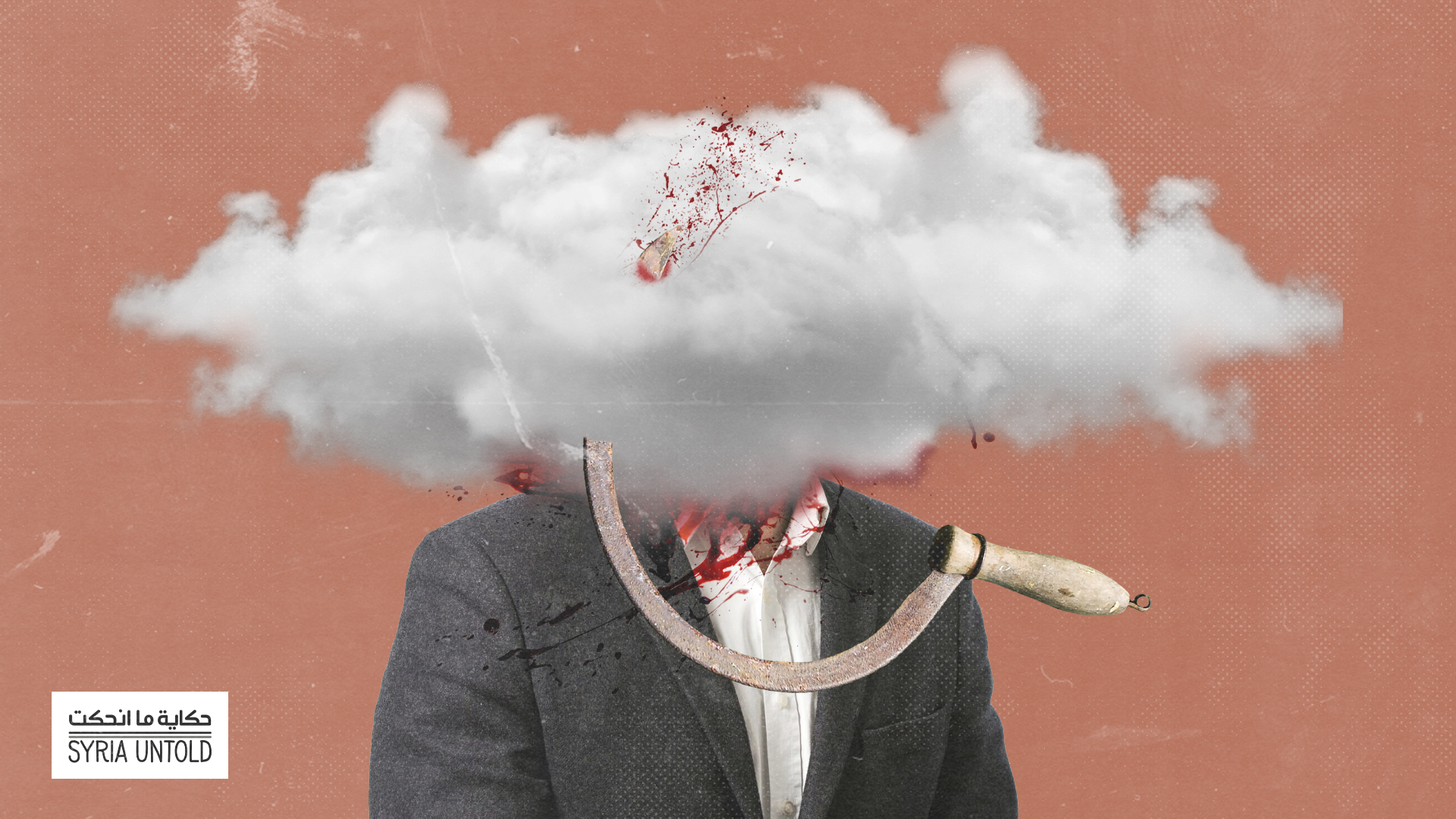Sold into Syrian servitude, Filipina workers tell of abuse, rape and imprisonment (The Washington Post)
“Josephine Tawaging was being bundled off to the airport in a locked car, begging to be let out.
She had traveled from her home in the Philippines a month earlier to find work in Dubai, the Middle East’s glitzy business hub, she later recalled. But her recruitment agency instead locked her in a dark and dirty dormitory with several other women, who soon learned they would all be sent to war-ravaged Syria to be sold.” Read more
On lust for the Syrian narrative
02 February 2021
Within the margins, and breaking free: Syrian cinema
23 January 2021
'I can’t help but be hopeful about this trial' (Branch 251)
“You’re used to hearing from legal experts, journalists, human rights activists. For this episode, we’re passing the mic to Syrians of different backgrounds, inside and outside of Syria, to hear what they think of Koblenz. People who’ve heard of the trial, people who haven’t, people who are wildly enthusiastic about Koblenz, and some who are a little bit more sceptical.” Listen
The polyphony of a Syrian refugee speaks volumes (The Markaz Review)
“The psychiatrist and psychoanalyst Carl Jung wrote that sensation is a physical stimulus to perception. Silence contrasts with the noise of war the Voiceless was subjected to. Trauma expresses itself in silence as if muting herself would also shut down the vagaries of her mind. The sound of war is a music, of bombs, of crying infants and wails. It is a cacophony, often punctuated by long periods of boredom in between two horrors—in my experience this is true.” Read more
The unfinished business of the Arab Spring (The Washington Post)
“Ten years ago, much of the Arab world erupted in jubilant revolt against the dictatorial regimes whose corruption, cruelty and mismanagement had mired the Middle East in poverty and backwardness for decades.
Ten years on, the hopes awakened by the protests have vanished—but the underlying conditions that drove the unrest are as acute as ever.” Read more
American entrepreneurs wade into murky Syrian oil business (Financial Times)
“Two years ago, three Americans—a former diplomat, a former special operative and an energy executive—walked across a flooded bridge into north-east Syria to talk about oil, a murky business in a complicated neighbourhood.
While western oil majors have long been involved in pumping crude from the Middle East, including neighbouring Iraq, this unknown outfit’s mission was different—to explore, refine and export oil from a corner of war-torn Syria controlled by a US-backed Kurdish-dominated militia.” Read more
In search of the best picture in the world
22 January 2021
A small cafe in Damascus
01 January 2021
In a Baghdad bar, a Syrian serves cocktails to fix war woes (Associated Press)
“From the outside, the building seems just one of the many in central Baghdad that are decaying from years of misuse — silent, windows shut.
After 6 p.m., one knock on its steel-plated doors and a portal is opened to a different world rarely found in Iraq’s capital.
Bodyguards check bags for weapons. Names are checked against a list. Faint sounds of club beats resound, growing louder every level up a cascading staircase. At the top floor, a bartender works skillfully behind an illuminated counter. Above him, shelves of liquor glow like jewels under a neon sign with the name of the bar.” Read more
The double refugees: The family who fled Syria’s civil war and ended up in war-torn Nagorno-Karabakh (The Independent)
“As soldiers advanced on the village, Raffi and his family fled without a single bag of clothes–setting off, once more, into exile.
The trio had left the hardships of Syria the previous year to start a new life in Nagorno-Karabakh, the breakaway enclave within Azerbaijan populated and controlled by ethnic Armenians. For Raffi’s family–descendants of Armenians who sought refuge in Syria from genocide a century ago–this distant land held the promise of a fresh start on native soil.” Read more
Syrian refugees in Lebanon are under pressure as never before. But they say Syria is still too unsafe to return. (The Washington Post)
“Millions of Syrians have sought safety in Lebanon and across the region since the Syrian uprising began nearly a decade ago. Now they are stuck between untenable options: ongoing instability and violence back in Syria as President Bashar al-Assad consolidates control, and deteriorating conditions in cash-strapped Lebanon, where politicians are pressing refugees to leave.” Read more
Occupational hazards (Newlines Magazine)
“The officer in the passenger seat could see Abbas was overcome by guilt and told him: ‘You have nothing to feel bad about. To tell you the truth, we’d all be better off if he’d died.’ Abbas said nothing. Surprised, I asked why, and he said, ‘People here don’t like Syrians. You saw what they did to the guy — they robbed him. We don’t like them either. If you’d killed him, you’d have saved us all a lot of headache. Now our lives and yours will be on hold until we know the bastard’s fate.’” Read more


